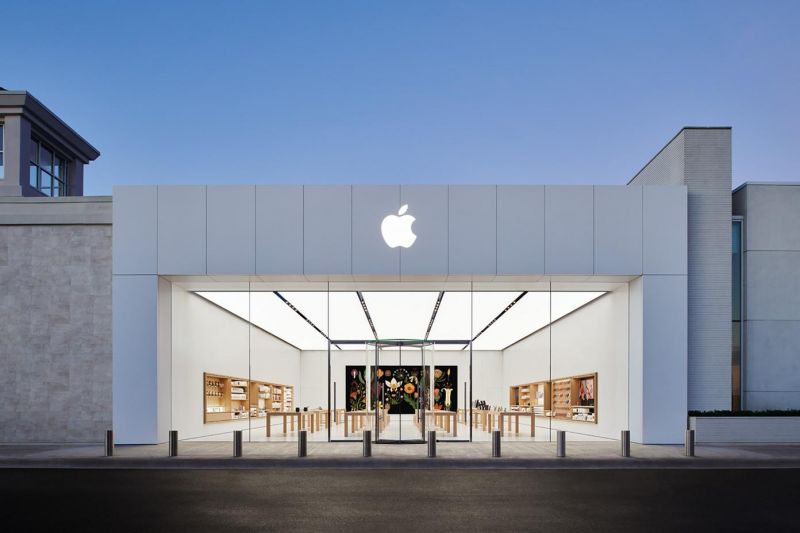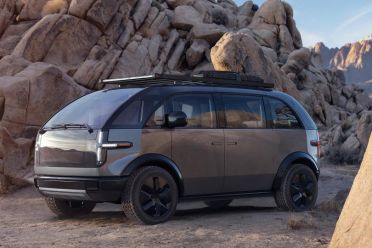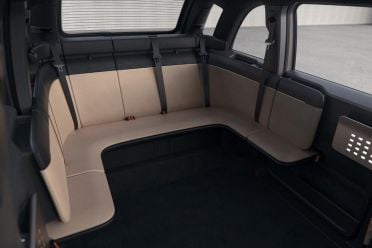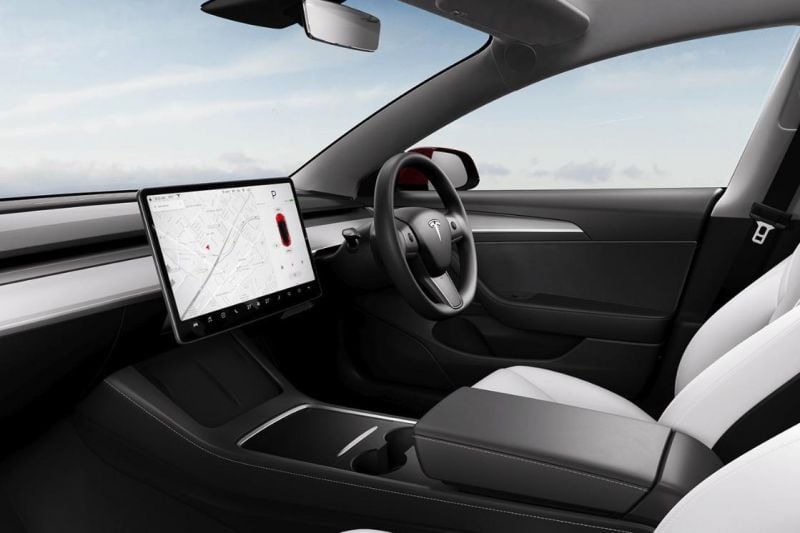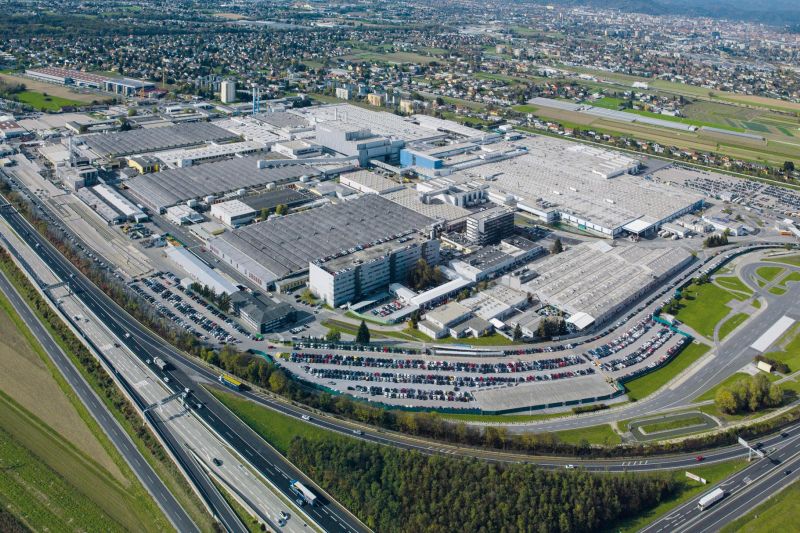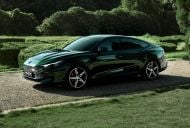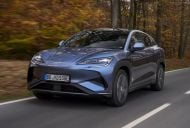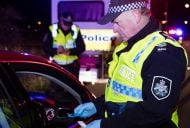Tech giant Apple is accelerating the development of its electric vehicle (EV) as reported by Bloomberg, and is aiming to have it launch by 2025.
The company is now heading down the path of full-self-driving according to unnamed sources – clearly an ambitious target given all the setbacks ‘Project Titan’ has faced,
Most recently, the project lost its head of development Doug Field to Ford, and reportedly swore in a new leader in Apple’s vice-president of technology Kevin Lynch.
Now the fifth executive to take charge of the project in roughly seven years, Lynch has no previous experience with car hardware or self-driving systems.
Project Titan currently has ex-Tesla executives, Michael Schwekutsch and Stuart Bowers, as well as ex-Canoo CEO Ulrich Kranz working on it too.
For the past several years, Project Titan had reportedly explored two simultaneous paths: creating a model with limited self-driving capabilities, or a version with full self-driving ability that doesn’t require human intervention.
It’s uncertain what level of autonomy the company is aiming to achieve with its electric car, although the ‘no human intervention’ section hints towards a Level 3 or above system.
MORE: How autonomous is my car? Levels of self-driving explained
The ideal Apple electric car is reportedly one without steering wheels and pedals, while another internally-discussed option reportedly being an interior similar to the Canoo Lifestyle Vehicle.
The Canoo people mover-esque vehicle is expected to launch in late 2022, and has a U-shaped ‘lounge’ back seat where rear passengers are able to face each other.
Although it would ideally not come with a steering wheel, Apple has reportedly discussed equipping the car with an emergency takeover mode.
Pictured: Canoo Lifestyle Vehicle concept
Even though the company is (reportedly) internally aiming for a 2025 launch, this is dependent on the company’s ability to complete the self-driving system by this date.
If it’s unable to nail down the self-driving technology, Apple could reportedly either delay the launch or reveal an EV with less tech.
Sources close to the matter told Bloomberg that Apple recently reached a key milestone in developing the car’s self-driving system, although it’s not certain what this milestone is exactly.
The company reportedly believes it has completed a fair chunk of the core on the processor it’ll eventually ship in the first generation of the car.
This chip was reportedly designed by Apple’s silicon engineering group, rather than the Project Titan group itself.
Apple has also reportedly explored the car’s infotainment system. Although there aren’t any details about the proposed design, it’s expected it’ll come with an iPad-like touchscreen located in the middle.
It has also reportedly internally debated on several different business models for its EV, including creating a robotaxi fleet that’d compete against the likes of Uber, MOIA and Waymo.
Reuters previously reported the American tech giant won’t tap Chinese companies CATL or BYD for batteries.
Sources with knowledge of the discussions told Reuters that those talks have stalled, with Apple now sending a team to Japan to scope out battery suppliers there.
Hyundai said earlier this year it wouldn’t build Apple’s car as it reportedly had concerns about being a mere contract manufacturer for Apple rather than a strategic partner.
Recent reports have indicated Apple has since had face-to-face talks with Toyota for it to be involved in some capacity, either as a supplier or as a manufacturer.
In August, The Korea Times reported that Apple was in “advanced meetings” with various Korean component manufacturers, including SK Group, Hanwha and LG Electronics, citing an industry source.
The Korean outlet reported earlier this year LG’s joint venture with Magna International, LG Magna e-Powertrain, was firming as the chosen manufacturer for the Apple car.
Magna has previously confirmed it would build vehicles at a plant in North America if it were contracted to do so, while LG and SK Group’s battery arm, SK Innovation, are already operating or have plans to open battery-manufacturing facilities in the US.
MORE: Apple car won’t use Chinese CATL or BYD batteries – report

